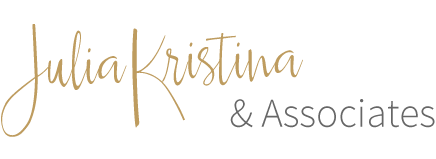 Contrary to popular belief, vulnerability is not, nor is it a sign of, weakness. If we think about it, most of us would agree that it takes a whole lot of courage to be vulnerable, so it could be said that courage and weakness are actually near opposites. Being vulnerable is a risk. It means being exposed and being honest, and the outcome is often uncertain. However, vulnerability is the birthplace of change. It’s really hard to explore ourselves and experience growth within ourselves and within our relationships with others if we’re not willing to be honest and thus vulnerable. An interesting question to ponder is whether it’s more challenging and takes more courage to be honest with others or to be honest with ourselves. I mean really honest – that means no far reaching justifications (which, if we are really being honest we know are just excuses to avoid feeling guilty for the things we know are not good for us), and no putting the responsibility for our problems solely on others.
Contrary to popular belief, vulnerability is not, nor is it a sign of, weakness. If we think about it, most of us would agree that it takes a whole lot of courage to be vulnerable, so it could be said that courage and weakness are actually near opposites. Being vulnerable is a risk. It means being exposed and being honest, and the outcome is often uncertain. However, vulnerability is the birthplace of change. It’s really hard to explore ourselves and experience growth within ourselves and within our relationships with others if we’re not willing to be honest and thus vulnerable. An interesting question to ponder is whether it’s more challenging and takes more courage to be honest with others or to be honest with ourselves. I mean really honest – that means no far reaching justifications (which, if we are really being honest we know are just excuses to avoid feeling guilty for the things we know are not good for us), and no putting the responsibility for our problems solely on others.
Buyer beware, there are risks to being vulnerable: when we are real with ourselves and others we will be exposed to potential judgement. We can mitigate this risk to a certain extent by choosing judiciously who we are vulnerable with, but there is always a certain degree of risk involved. If we are courageous enough to take that risk, there is great potential for significant growth in so many ways– not to mention the fact that by using our courage with others we inadvertently also give them the permission and safety to be honest and vulnerable themselves.
There is a really great Ted Talks YouTube video on Vulnerability and Shame given by Brene Brown. I recommend having a watch.
